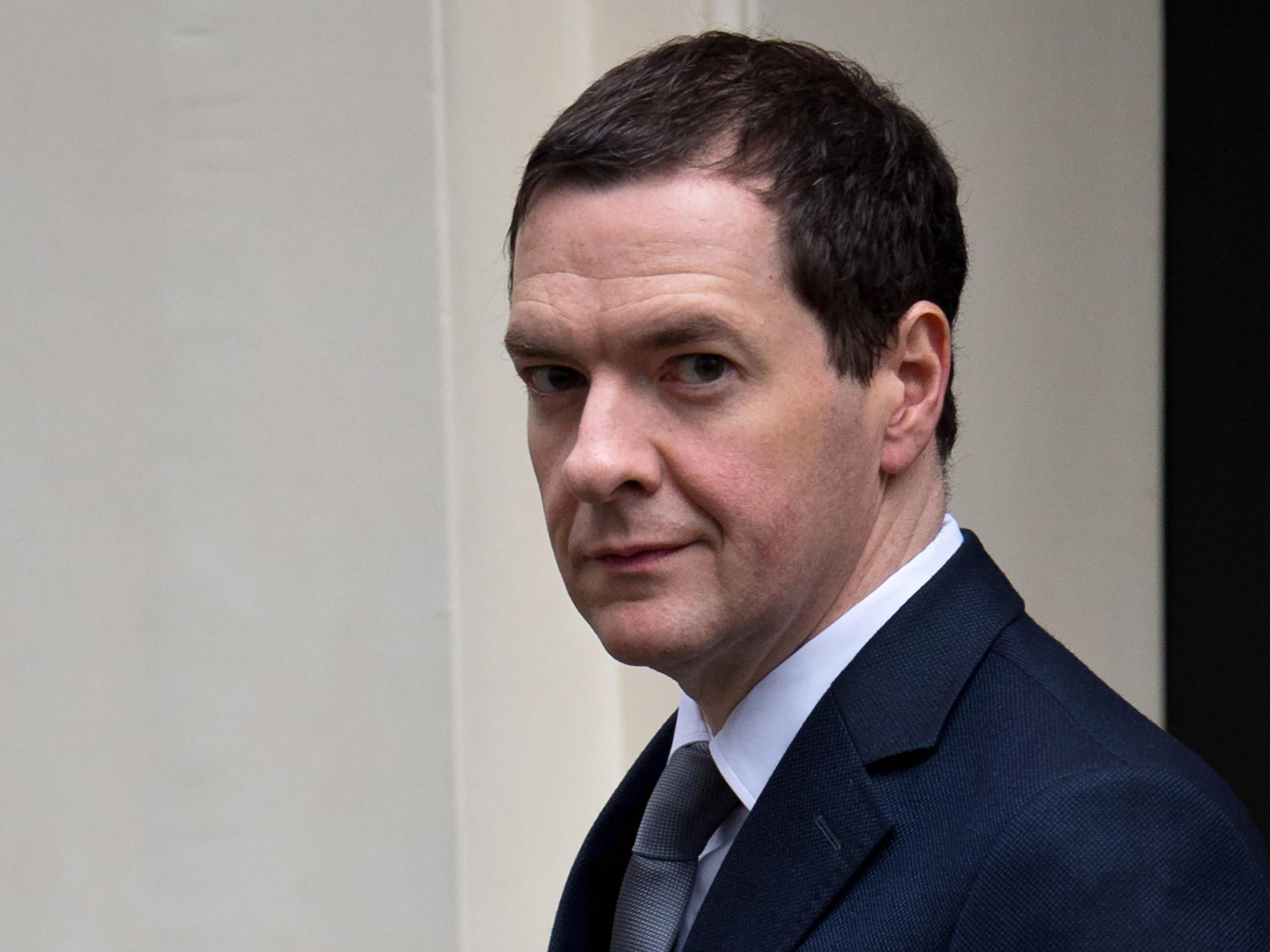George Osborne admits he ‘did not get it right’ on Brexit
Former chancellor says he failed to address ‘economic insecurity’ in Britain that led to the referendum result

George Osborne has admitted he “did not get it right” on Brexit and said the Government failed to address a loss of identity among British voters which contributed to the Leave vote.
The former chancellor, who is launching a think-tank to promote the Northern Powerhouse after being moved to the back benches in Theresa May’s cabinet reshuffle, admitted his “judgement on the national mood” over the EU referendum was wrong.
Speaking to the BBC’s Today programme, Mr Osborne said: “I definitely did not get right my judgement of the national mood.
“I don’t think I properly understood the alienation that many people felt, not just from the European Union, but from the establishment, the system of government.”
The Tory MP added that the Government failed to address problems of economic insecurity and loss of identity in many parts of the UK, which he confessed contributed to the Brexit vote.
Mr Osborne said: “That economic insecurity and that sense of loss of identity in many of our communities was something that we had not properly addressed, and I think they were all ingredients in that vote.”
Social media users expressed shock that Mr Osborne had been in the job for six years and did not understand the economic problems that led to alienation of communities in Britain.
Twitter user Lawrence Davies wrote: “So George Osborne didn't understand alienation and economic insecurity that motivated Brexit voters. After six years in the job?"
In the same interview Mr Osborne said he was remaining in politics because he wanted to “fight for things” he cared about.
He cited these as being “an international Britain, a Britain connected with its allies [and] a Britain taking its full share of responsibilities in the world”, as well as pushing forward with plans for the Northern Powerhouse.
Join our commenting forum
Join thought-provoking conversations, follow other Independent readers and see their replies
Comments
Bookmark popover
Removed from bookmarks